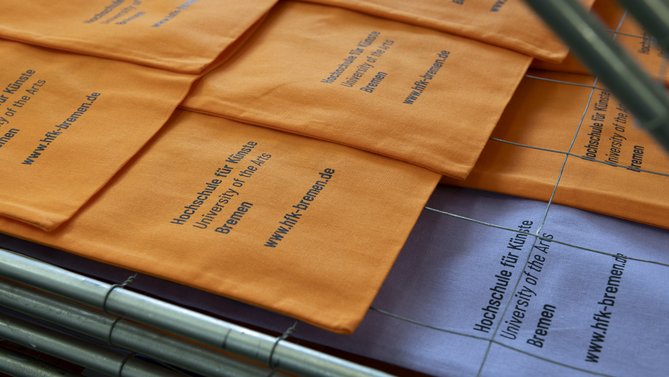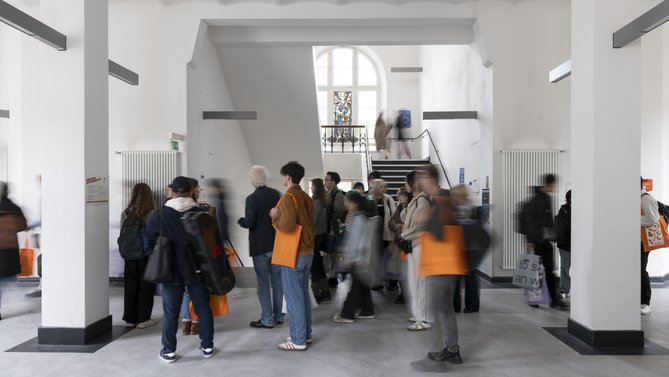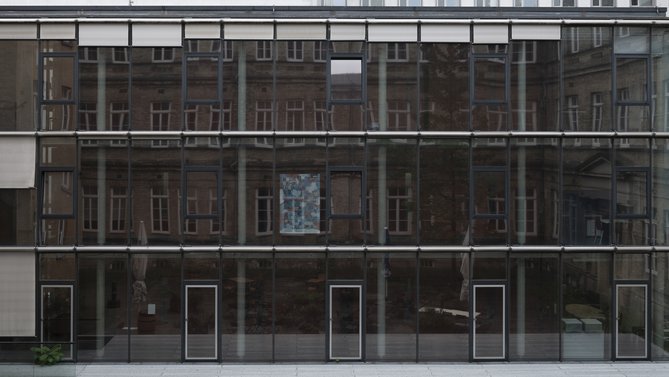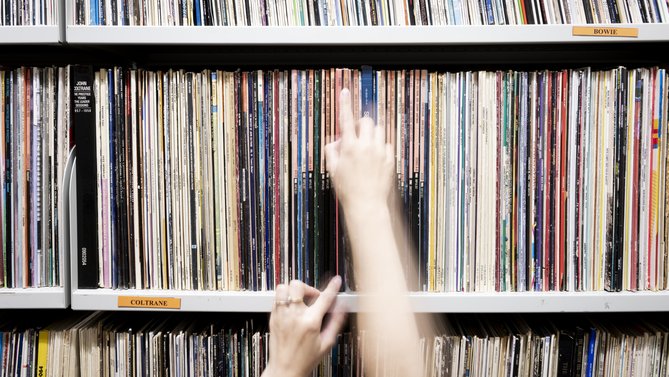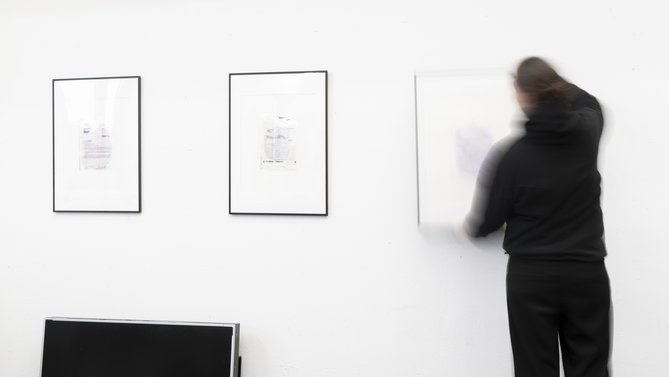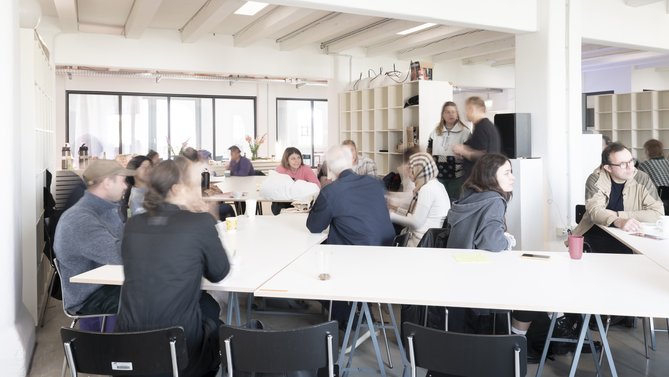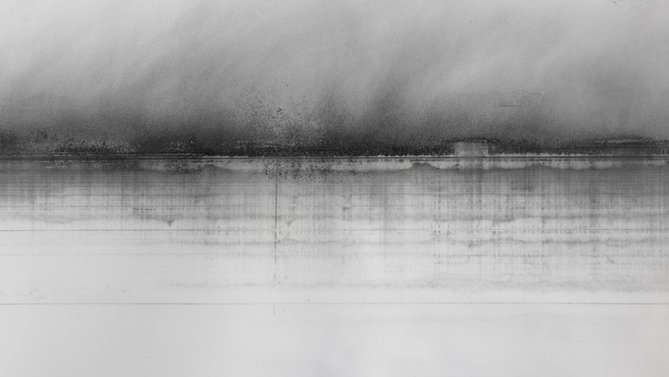About the University
The University of the Arts Bremen is both, an art and a music university. It is international in its orientation while being deeply rooted in the region. It is spread out over various locations in the city. These parameters form a context that makes HfK a lively and diverse place of encounter and cultural exchange. On this page you will find important information about the cornerstones of our university, from a portrait to laws, decrees and ordinances.
